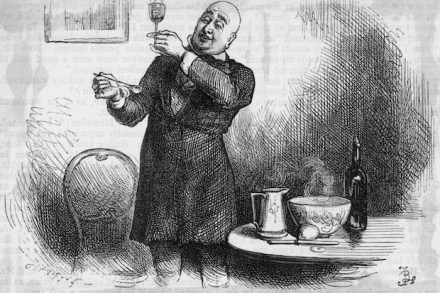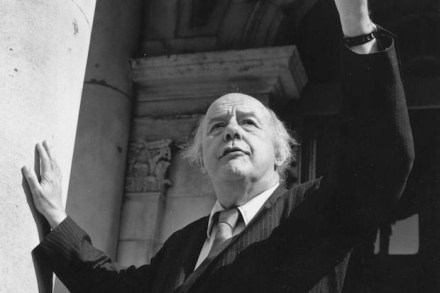Spectator competition: ‘Shall I compare thee to a camembert?’ — new ways with Sonnet 18 (plus acrostic poets)
The challenge to put a fresh spin on Shakespeare’s Sonnet 18 was the most popular competition for ages. The brief was to replace ‘summer’s day’ with a trisyllable of your choice. A competitor emailed to ask if I’d meant a single trisyllabic word or a three-syllable phrase. I meant the former but perhaps that wasn’t










